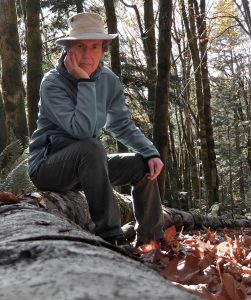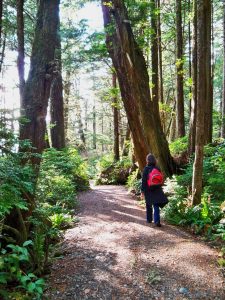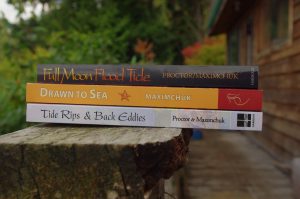Here’s the second installment of Four Writers, Four Questions. Installment #3 will be posted next week.
What are you working on right now?
I am working on a new novel. There seem to be a lot of dogs in it. A dead body is found and lost and found again but in the wrong place. People try to be helpful but make everything more complicated. The dogs behave badly, just as they often do in real life, and their owners are always in denial. Still, it is fiction. I’m about halfway in and don’t know what it’s about, though sometimes when I’ve completed a novel I still don’t know what it’s about. I prefer to leave that matter to readers anyway.
Why is this meaningful to you?
Relationships are perplexing. Whether they are between people, or between people and other animals, relationships are complicated, many-layered and in some ways unknowable. I like to explore this perplexity by writing about it.
What is your process?
I start each day with the usual eating/brushing/dressing routines, and before I park my butt in a chair for the no-longer-recommended period of sitting, I get a little exercise by tending to the horses. Then I have a coffee and reacquaint myself with my brain and my husband before heading to my office.
 I re-read what I wrote the day before, do minimal editing, then plunge ahead. 1,000 words is the minimum satisfying amount. If I do 2,000 I am ecstatic. Usually I have only a vague sense of where I am going; this is where the magic happens.
I re-read what I wrote the day before, do minimal editing, then plunge ahead. 1,000 words is the minimum satisfying amount. If I do 2,000 I am ecstatic. Usually I have only a vague sense of where I am going; this is where the magic happens.
I write until I have 35,000 words and some sort of ending, then I go back and edit. Some people edit down, but I edit up. I aim for 50,000 words, which is short for a novel, but my brain has trouble holding onto a larger universe.
When I have 50,000 and (hopefully) a great ending, I edit again, print each chapter and read it aloud to my guardedly critical husband.
I make a few changes, and send the manuscript to one or two trusted readers. I make more changes based on their comments. That’s the end of my writing process and the beginning of the “What am I going to do with this manuscript?” process.
Why do you write?
Brene Brown says that unused creativity is not benign. It’s something like a border collie that lives in an apartment: if you don’t give it a job, it will find one. Furniture may suffer.
Sometimes I use my creativity for tasks other than writing novels. I may need to deal with the medical system, or neighbours with dogs, or conflicting opinions about the longevity of my car.
At other times, when life is being agreeable, I use my creativity on imaginary worlds, because if I don’t I will create drama and difficulty where in fact there is none. Or probably there is none. Or there is none if I ignore it for long enough.
Outside of the potential malignancy problem, I write because I like to make people laugh. I like to explore things I don’t really understand by writing about them. And I like it when I can transmit my thoughts or explorations out into the world.
Susan Ketchen is the author of the Born That Way series, featuring a fourteen-year old girl born with Turner Syndrome. The fourth in the series, Rides That Way, will be published by Oolichan Books in the fall of 2016

 I’m still climbing the hill, following a meandering path through the forest, sniffing the earth and air for leads. Sometimes I falter or get lost. But always I move forward in search of my prey: the wolf and all that word for an animal implies.
I’m still climbing the hill, following a meandering path through the forest, sniffing the earth and air for leads. Sometimes I falter or get lost. But always I move forward in search of my prey: the wolf and all that word for an animal implies.
 I’m a list maker so will refine my “to contact” list and put it into a timeline. Ditto for roughing out chapters, which will, of course, generate another list for “need to find out.” Every month or so, I’ll review what I’ve done. To be perfectly honest, I rarely meet my self-imposed deadlines. But they keep me on track and motivate me to try harder.
I’m a list maker so will refine my “to contact” list and put it into a timeline. Ditto for roughing out chapters, which will, of course, generate another list for “need to find out.” Every month or so, I’ll review what I’ve done. To be perfectly honest, I rarely meet my self-imposed deadlines. But they keep me on track and motivate me to try harder.
